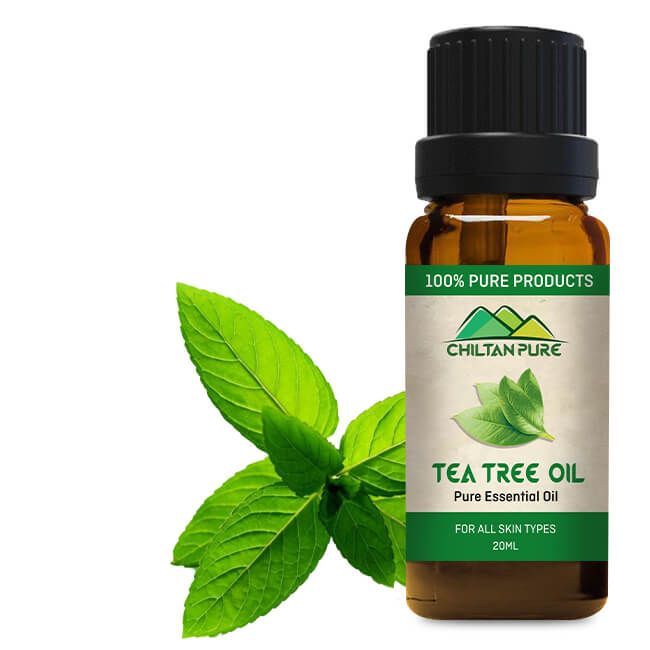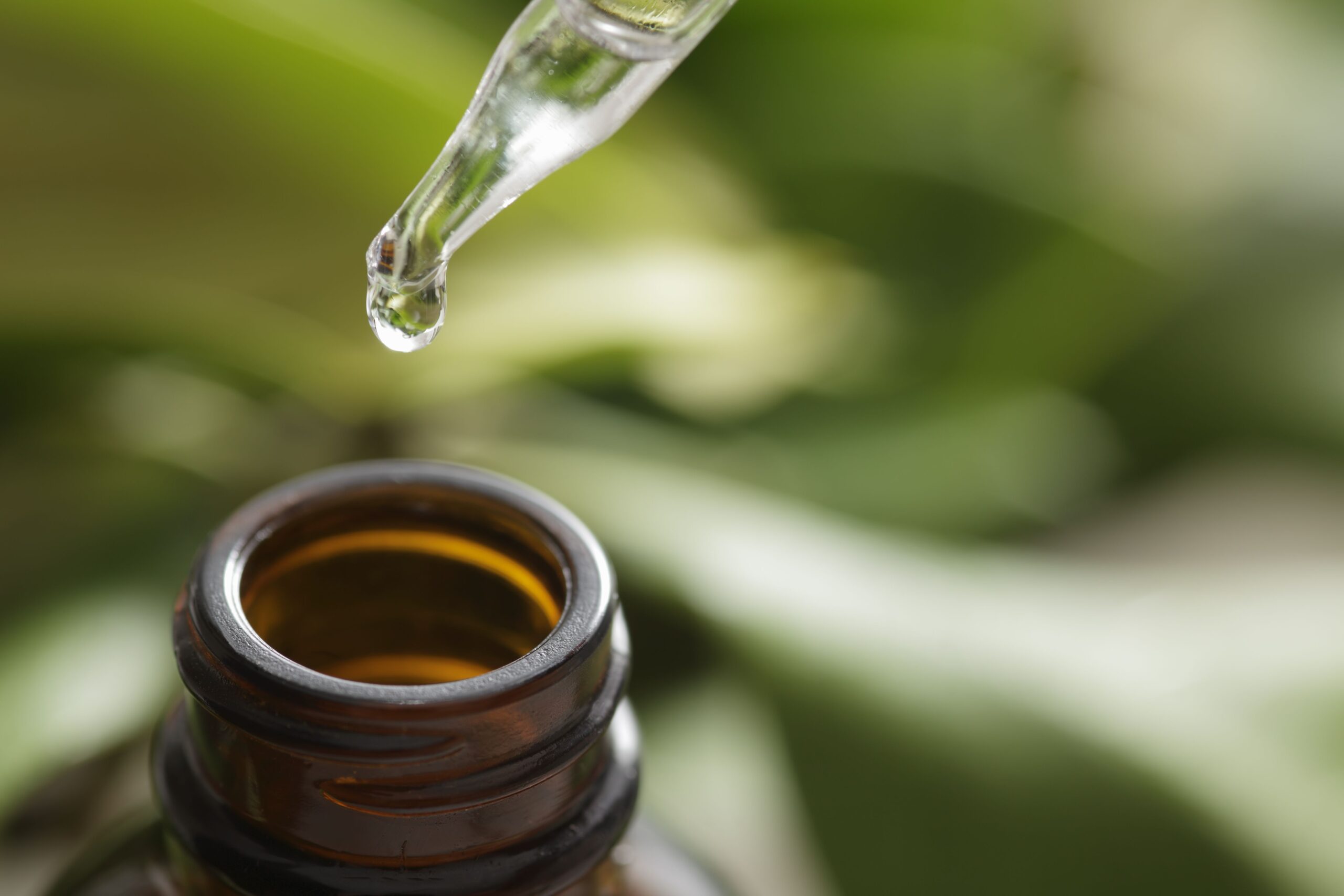
Tea Tree Oil Review: The Ultimate Guide to Its Benefits and Uses
Tea tree oil is often touted as one of the most versatile essential oils available, revered for its impressive range of health, beauty, and cleaning applications. Derived from the leaves of the Melaleuca alternifolia plant native to Australia, this oil has been used for centuries by indigenous Australians for its natural healing properties. In recent years, tea tree oil has become a household name in the wellness industry, appearing in everything from skincare products to household cleaners.
In this article, we’ll provide an in-depth review of tea tree oil, exploring its benefits, potential drawbacks, and how to use it effectively for a variety of purposes. Whether you’re considering adding it to your skincare routine or looking for a natural cleaning solution, this guide will help you understand how tea tree oil can fit into your life.
What Is Tea Tree Oil?
Tea tree oil is an essential oil extracted through steam distillation from the leaves of the Melaleuca alternifolia tree, which is native to Australia. Known for its potent antimicrobial properties, the oil contains compounds such as terpinen-4-ol, which is largely responsible for its antibacterial, antifungal, and antiviral effects. Tea tree oil has been used for generations, especially in Australia, for its ability to heal wounds, fight infections, and address various skin conditions.
Benefits of Tea Tree Oil
Tea tree oil’s benefits span multiple areas of health and home care. From acne treatment to natural cleaning, it’s no surprise that this oil has earned a dedicated following. Here are some of the most notable benefits:
1. Acne Treatment
Tea tree oil is most famous for its ability to treat acne. Due to its antibacterial and anti-inflammatory properties, it helps to reduce acne-causing bacteria while soothing redness and irritation. Numerous studies have shown that tea tree oil is as effective as benzoyl peroxide, a common ingredient in acne treatments, without the harsh side effects like dryness or peeling. To use, dilute tea tree oil with a carrier oil (such as jojoba or coconut oil) and apply it directly to blemishes for a more natural alternative to chemical treatments.
2. Fungal and Skin Infections
Tea tree oil is highly effective against a range of fungal infections, including athlete’s foot, nail fungus, and ringworm. It can also be used to treat minor cuts, scrapes, and abrasions, preventing infection and promoting faster healing. Its antifungal properties make it a go-to remedy for those suffering from these common skin issues. For best results, apply a diluted solution directly to the affected area a few times a day.
3. Hair and Scalp Health
Tea tree oil is often used in hair care for its ability to treat dandruff, soothe itchy scalps, and promote overall scalp health. It can help clear up flakiness caused by dandruff and reduce inflammation in the scalp, encouraging hair growth. Adding a few drops of tea tree oil to your regular shampoo or conditioner can work wonders for maintaining a healthy scalp. It’s also beneficial for addressing lice, as it can help to eliminate lice and nits when combined with other natural treatments.
4. Natural Antiseptic and Disinfectant
Thanks to its strong antibacterial, antifungal, and antiviral properties, tea tree oil is a highly effective natural disinfectant. It can be used to clean and sanitize surfaces around your home, providing an eco-friendly alternative to harsh chemical cleaners. Tea tree oil is particularly useful in the kitchen and bathroom, where it can help kill germs and bacteria, leaving surfaces clean and fresh. A simple solution of water and a few drops of tea tree oil can serve as a powerful all-purpose cleaner.
5. Deodorizing and Air Purifying
Tea tree oil’s ability to neutralize bacteria also makes it a fantastic air purifier and deodorizer. It can be used in diffusers to freshen up a room or eliminate unpleasant odors. The oil’s refreshing scent, combined with its antibacterial effects, helps purify the air, making it an excellent choice for those concerned about indoor air quality or looking for a natural alternative to air fresheners.
6. Relieves Skin Irritations
In addition to its antibacterial benefits, tea tree oil can be used to relieve a variety of skin irritations, including insect bites, sunburns, rashes, and allergic reactions. Its anti-inflammatory and soothing properties make it effective for calming red, inflamed skin and reducing itching or swelling. For a quick remedy, mix a few drops of tea tree oil with a carrier oil and apply it to the irritated area.
How to Use Tea Tree Oil
While tea tree oil is a powerful tool in your wellness routine, it’s important to use it correctly to avoid irritation or adverse reactions. Here are some guidelines on how to use tea tree oil effectively:
- Dilution: Tea tree oil is potent, and it should always be diluted before applying it to the skin. Typically, you should mix 1-2 drops of tea tree oil with a teaspoon of carrier oil (such as coconut, jojoba, or olive oil). For more sensitive areas, like the face, use even more dilution.
- Spot Test: Before using tea tree oil on large areas of your skin, perform a patch test. Apply a small amount of diluted tea tree oil to a small area of skin and wait 24 hours to see if there is any irritation.
- Hair and Scalp Care: Add a few drops of tea tree oil to your regular shampoo or conditioner to help treat dandruff and soothe an itchy scalp. You can also make a scalp massage oil by combining tea tree oil with a carrier oil and massaging it directly into your scalp for 10-15 minutes before washing.
- Disinfecting: To make a simple disinfectant cleaner, mix 2 cups of water, 1 tablespoon of vinegar, and 10-15 drops of tea tree oil in a spray bottle. Shake well and spray on countertops, bathroom surfaces, or even floors to clean and disinfect.
Potential Drawbacks of Tea Tree Oil
Although tea tree oil has many benefits, there are a few potential drawbacks to be aware of:
- Skin Irritation: Tea tree oil is potent and can cause skin irritation if not diluted properly. Always dilute it with a carrier oil and conduct a patch test to ensure it doesn’t cause a reaction, especially if you have sensitive skin.
- Toxic to Pets: Tea tree oil is toxic to pets, particularly cats and dogs, if ingested or applied topically in concentrated amounts. If you have pets, be sure to keep tea tree oil and any products containing it out of their reach.
- Pregnancy and Children: Tea tree oil is not recommended for use during pregnancy or for young children unless under the guidance of a healthcare professional. It’s always best to consult with a doctor before using essential oils during pregnancy or on children.

Conclusion
Tea tree oil is undeniably one of the most versatile and effective natural products available. Whether you’re using it for acne treatment, fungal infections, or as a natural cleaner, its antibacterial, antifungal, and antiviral properties make it a powerhouse in both health and home care. While it’s important to use it safely—diluting it properly and performing patch tests—it can be an incredibly valuable addition to your wellness routine.
If you’re looking for a natural, affordable, and eco-friendly solution for common skin issues, cleaning, or air purification, tea tree oil is definitely worth considering. With its proven track record of effectiveness, tea tree oil remains a top choice for those seeking natural alternatives in their health and home care routines.

Leave a Reply